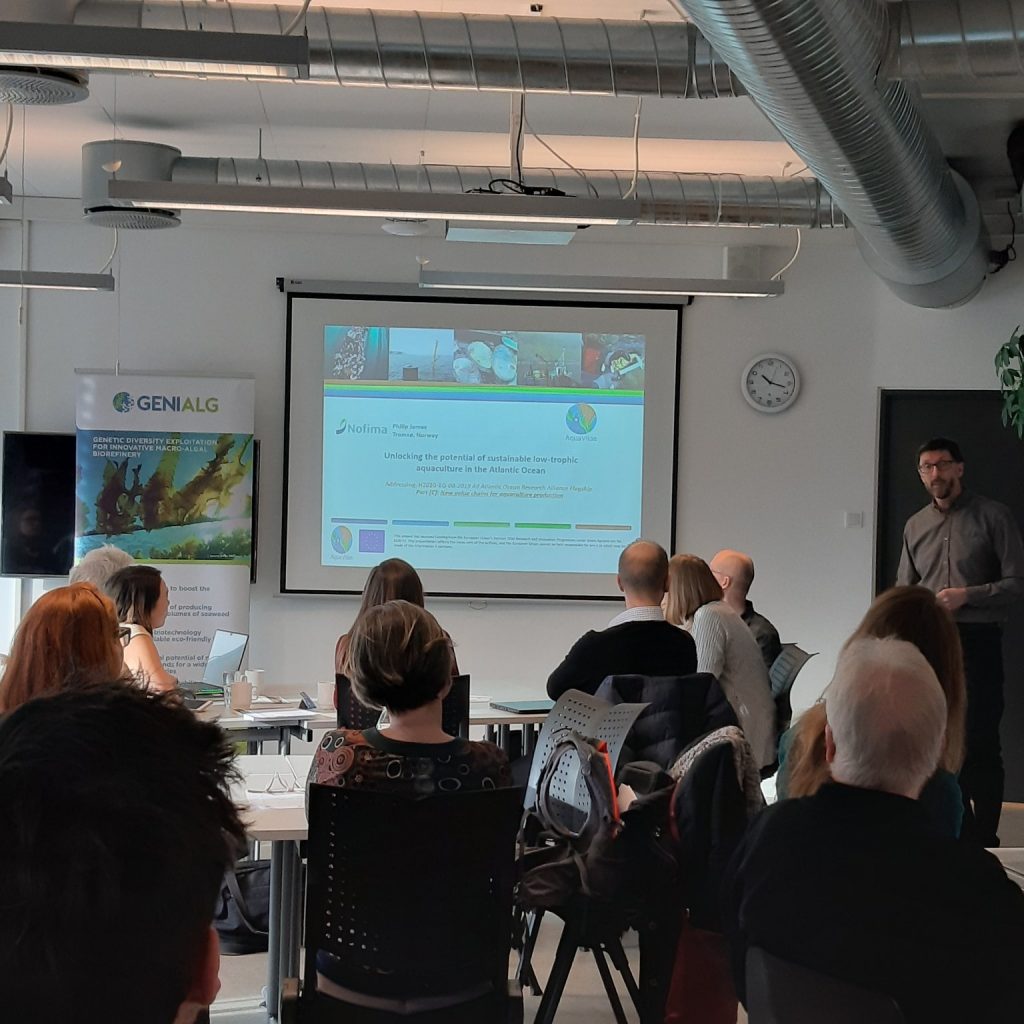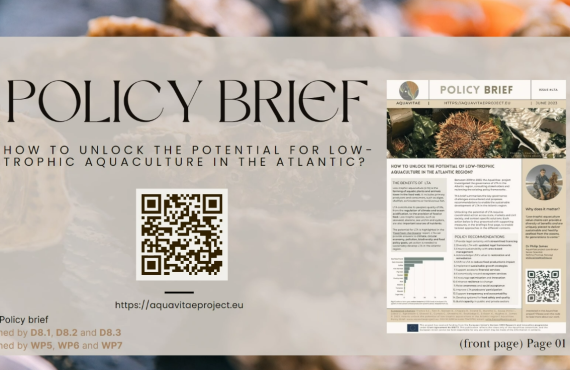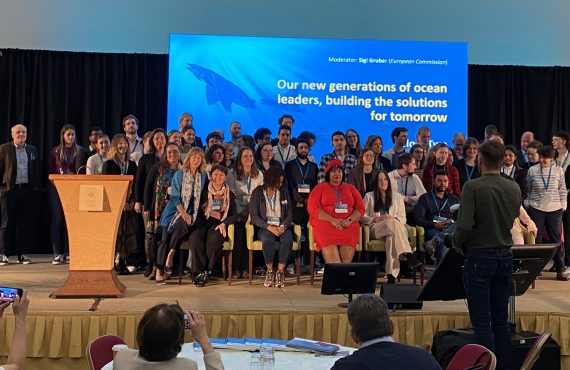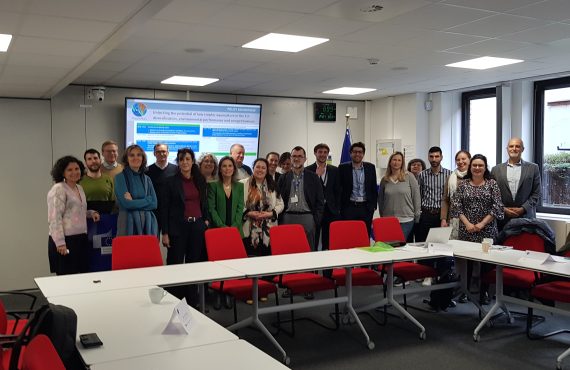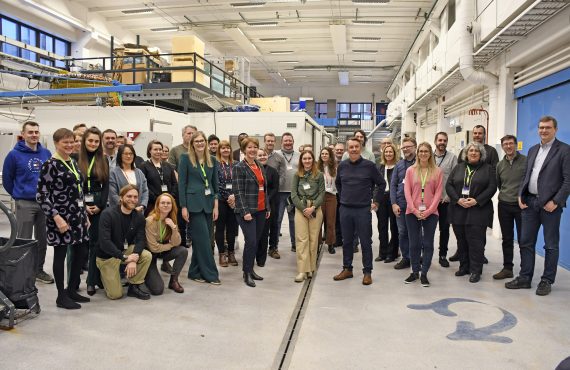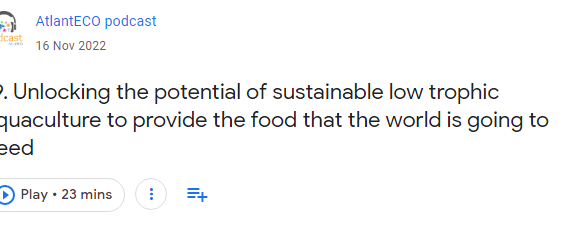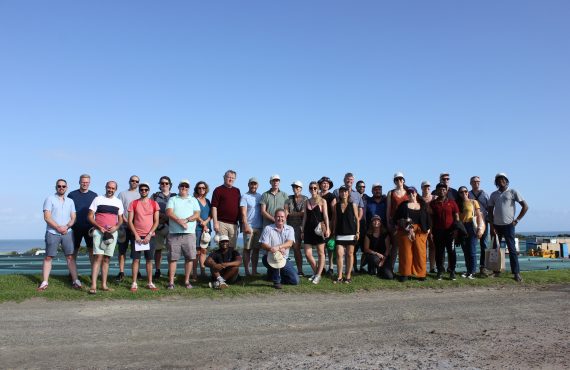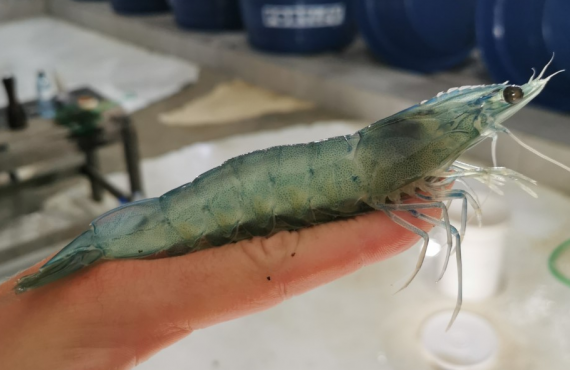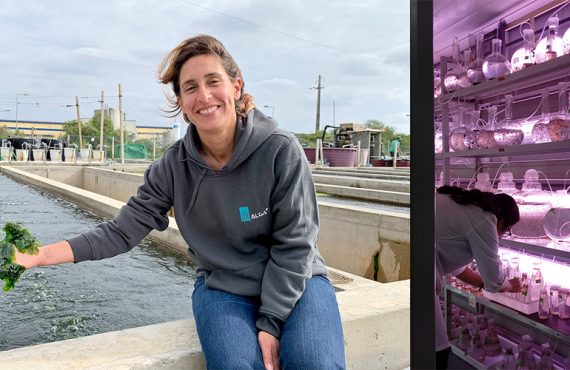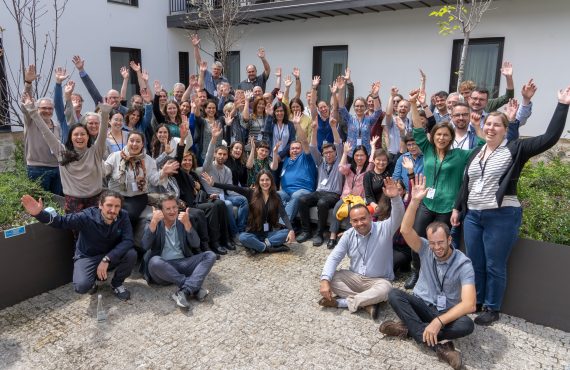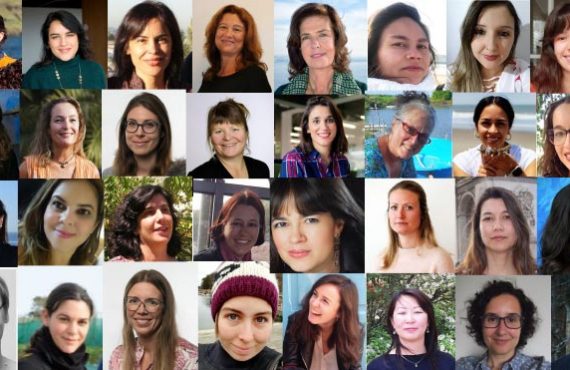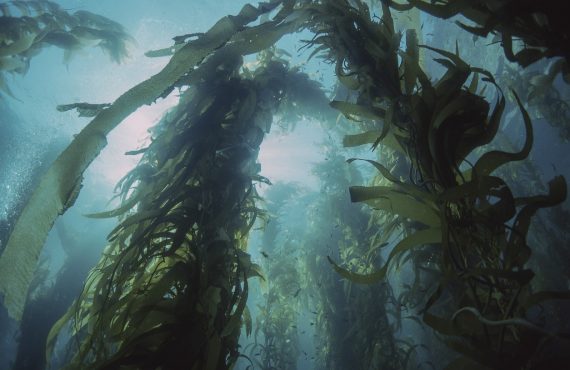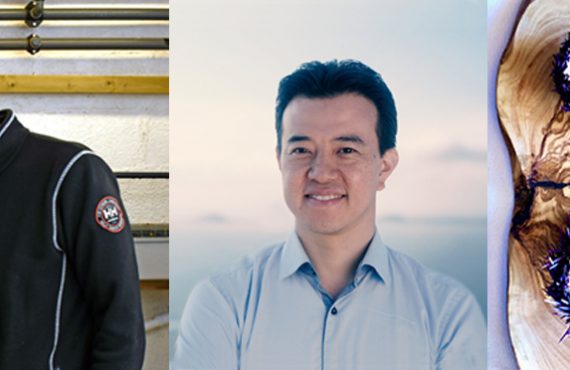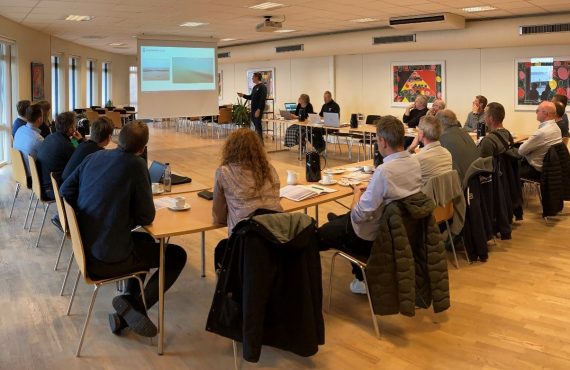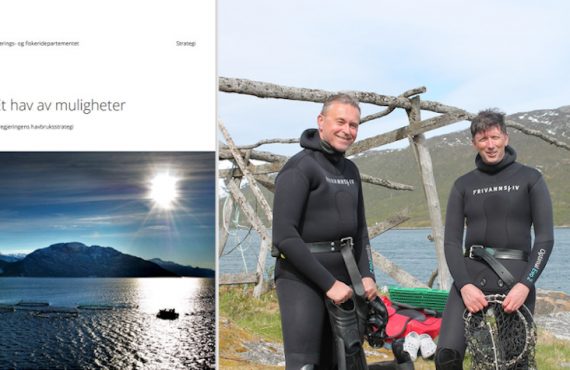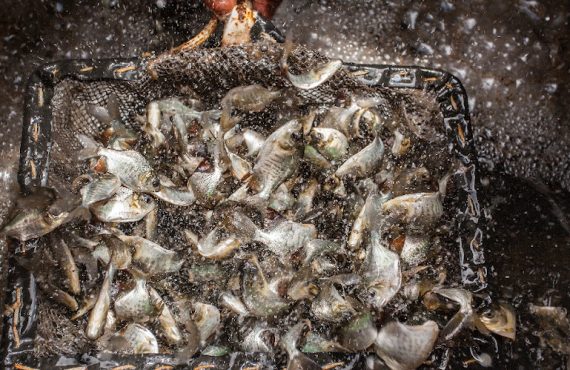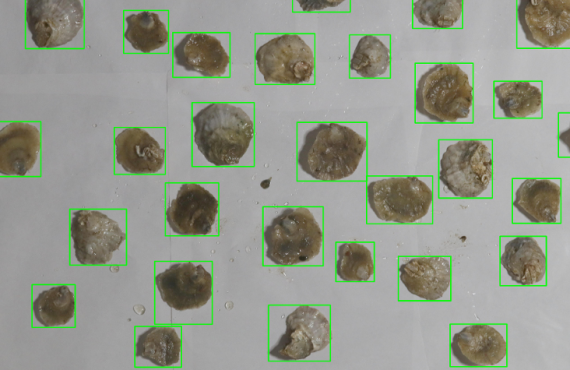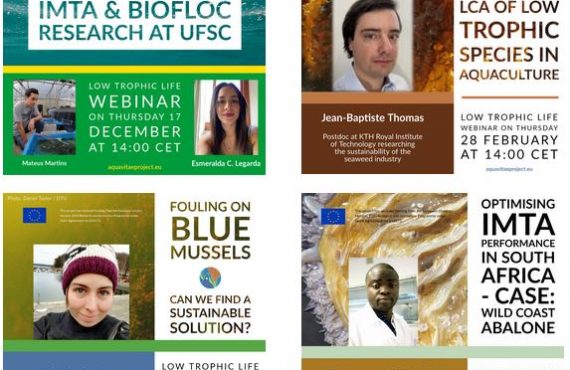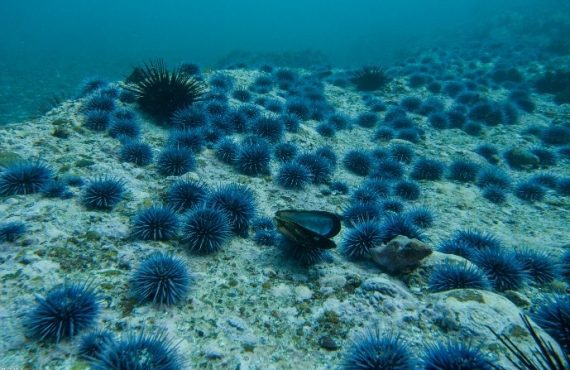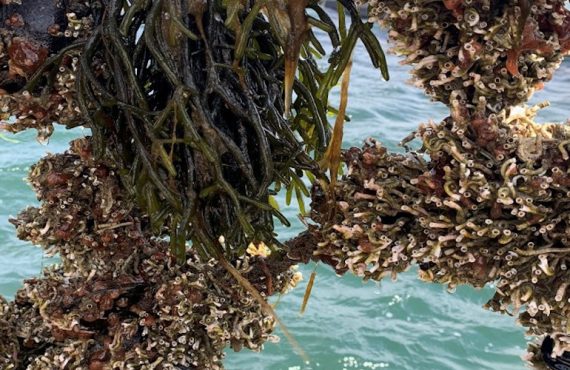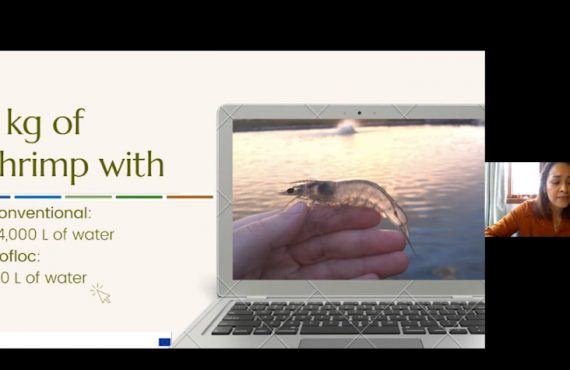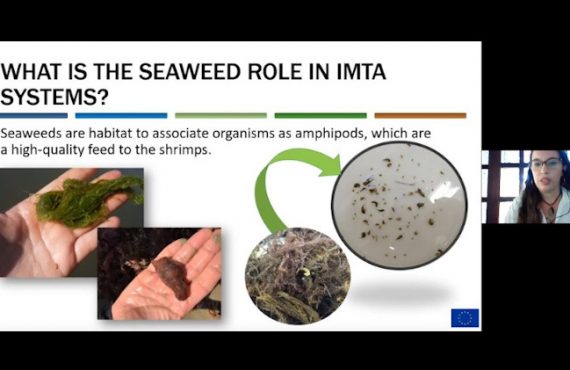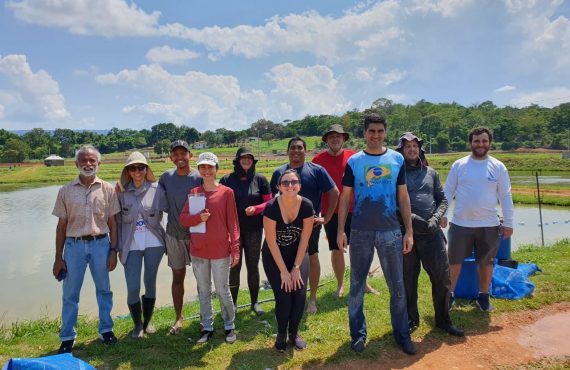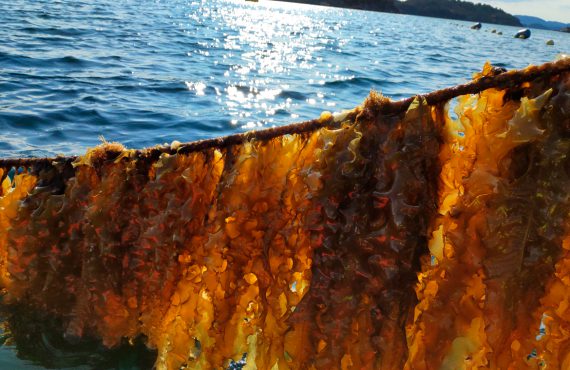On Tuesday 25 February the Bellona Foundation held a workshop in Oslo on the evaluation of the social and non-economic benefits of algae cultivation, and to analyze the policy frameworks and regulations in Norway. Two European H2020 funded projects Genialg and AquaVitae collaborated on the organisation.
The whole seaweed value chain was represented through producers and end-users of seaweed products, administrations, regulatory bodies, NGOs and academics. The 27 participants assessed aspects related to seaweed farming activities in qualitative and quantitative terms, as:
- human well-being,
- social links,
- environmental quality,
- policy frameworks and regulations in Norway
The aim is to contribute to develop further sustainable seaweed aquaculture, which is a shared objective by both Horizon 2020 Genialg and AquaVitae projects.
Benefits and enablers of seaweed farming in Norway
The participation of a diversity of stakeholders was essential to recognize and estimate the values of the benefits from seaweed farming beyond biomass production, for instance, seaweed contributions to regulation of water quality and its effects on human well-being. Regarding the development of this industry, financial facilities and a growing demand for seaweed products could act as enablers of this sector. Stakeholders also provided feedback on policy constraints regarding the regulatory framework
All the results from this participatory activities and discussions will contribute to boost the sustainable development of seaweed farming in Europe, taking into account the needs of the people involved and affected by this activity.
For more information on the projects and future outcomes of this workshop you can visit the project’s webpages:
- AquaVitae project https://aquavitaeproject.eu/
- GENIALG project: https://genialgproject.eu/





